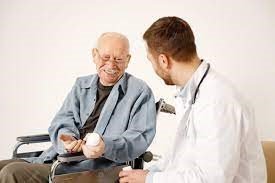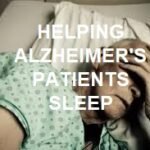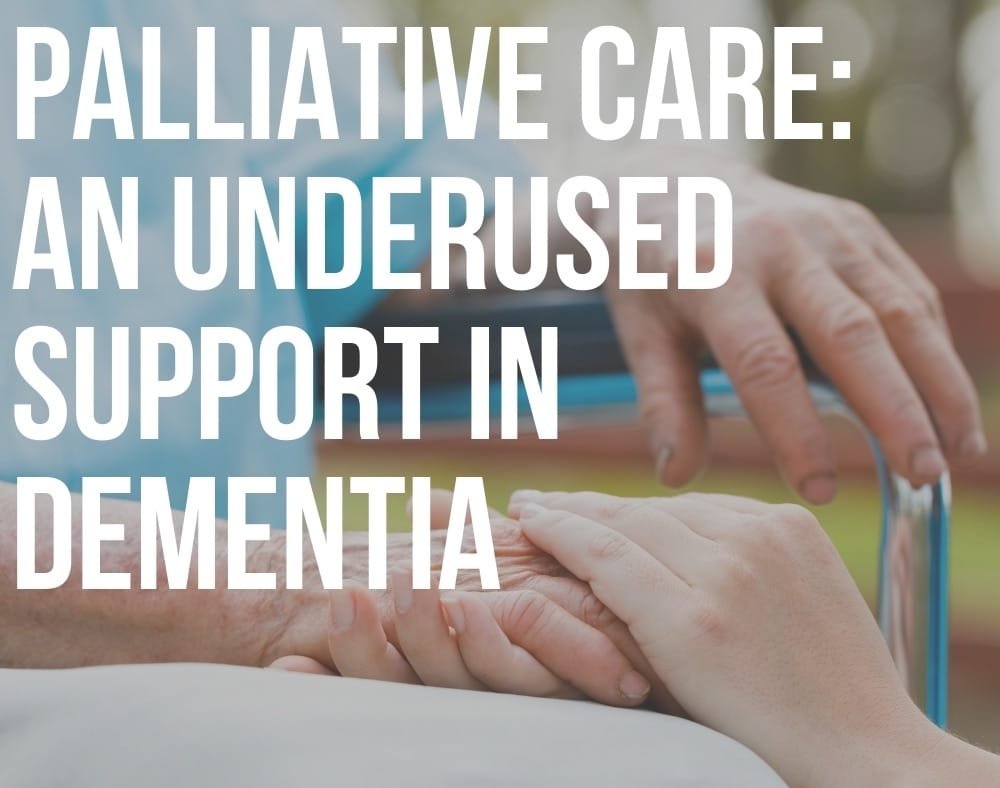This article will help you understanding challenges dementia patients may have with sleep. We will look at solutions, including when is medication to help dementia patients sleep necessary.
Contents
Medication To Help Dementia Patients Sleep
Many dementia patients have problems, both getting to sleep and staying asleep. Some experience changes in their sleep patterns too.
At present, scientists do not fully understand the reasons for this but believe they are linked to the changes in memory and behaviour and the impact dementia has on the brain.
Trying to manage these sleep changes in your loved one is challenging. It is important to try coping strategies that do not use medication.
Although many doctors prefer not to prescribe medication to help dementia patients sleep, in some cases it becomes necessary.
Natural Medications to Help Dementia Patients Sleep
Are sleeping problems common in dementia patients?

Many people who do not have dementia do experience changes in their sleeping patterns as they get older. Many find that they need less sleep.
Older dementia patients often incur sleeping problems too. However, these tend too be more frequent and more severe.
Some dementia patients have sleep problems in the early stages of the disease, but sleeping problems become much more common in the later stages.
Persons with dementia experience excessive daytime sleepiness associated with fragmented sleep at night. As a result, persons with dementia often have frequent, short duration naps throughout the day to make-up for lost sleep at night. Additionally, other medically-diagnosed sleep disturbances occur frequently in persons with dementia’. Source
Difficulty getting to sleep and staying asleep
 Many dementia patients find it hard to settle down to sleep at night. If this is the case with your loved one, it is important not to give them any caffeine drinks (coffee, tea, cola etc.) for several hours prior to bedtime.
Many dementia patients find it hard to settle down to sleep at night. If this is the case with your loved one, it is important not to give them any caffeine drinks (coffee, tea, cola etc.) for several hours prior to bedtime.
Television can also prove too stimulating. It may well be best to turn it off for the hour before bedtime and listen to relaxing music instead.
Staying asleep can be very difficult for dementia patients too. Many will repeatedly wake during the night and stay wake for long periods of time.
Unable to get back to sleep, the dementia patient may call out or start to wander around the house. The results is a disrupted night for everyone.
Without a good night’s sleep, you may well find that your loved one is struggling to stay awake during the day.
A short nap early on can certainly help. However, sleeping longer and later in the day will compound their problems of trying to sleep at night.
Some dementia patients also become agitated and anxious as the sun begins to set. This is called ‘late day confusion’ and is caused by the changing amount of natural daylight. The clever use of indoor lighting using dimmers can help ease the problem.
Experts estimate that in late stages of Alzheimer’s, individuals spend around 40% of their time in bed at night awake and a significant part of their daytime sleeping. In extreme cases, people may have a complete reversal of the usual daytime wakefulness-night-time sleep pattern’. Source
Why the non-drug approach is best
 In the first instance, it is definitely best to use the non-drug approach to resolving sleep issues in your loved one.
In the first instance, it is definitely best to use the non-drug approach to resolving sleep issues in your loved one.
According to the Alzheimer’s Association, many studies that have been conducted have proved that –
‘sleep medications generally do not improve overall sleep quality for older adults. Use of sleep medications is associated with a greater chance of falls and other risks that may outweigh the benefits of treatment’.
There are many practical things to try to help your loved one to sleep. These include:
- Ensuring the bed and the bedroom are comfortable and at the right temperature.
- The way to the bathroom is safely lit at night.
- That you adhere to a good routine throughout the day and evening.
- Your loved one takes some exercise every day.
Medication to help dementia patients sleep
 Unfortunately, if none of the ‘natural remedies’ work and if you as the carer are getting too tired and unable to fulfil your daytime role for your loved one, it is time to speak with your doctor.
Unfortunately, if none of the ‘natural remedies’ work and if you as the carer are getting too tired and unable to fulfil your daytime role for your loved one, it is time to speak with your doctor.
The problem needs to be discussed fully because of the risks of using sleep inducing medication for older patients with dementia.
Your loved one will have a greater risk of falling, could suffer from greater confusion and there will be a noticeable decline in their ability to care for themselves.
You need to clearly understand the balance between the risks and potential benefits of the suggested medication.
The type of medication that may be prescribed by your doctor will probably be dependent on other behavioural problems experienced with your loved one.
All medication to ease sleeping problems in dementia patients should only be used in the short-term and discontinued as soon as your loved one has a regular sleeping pattern once more.
There are a range of medications used to treat sleep changes in dementia patients and these include include:
- Tricyclic antidepressants
- Benzodiazepines
- Different types of ‘Sleeping pills’
- “Atypical” anti-psychotics
Your doctor will only prescribe medication after an in-depth discussion with you as to the side-effects. These may be impaired alertness and coordination, worsening of their depression, more complex sleep issues and respiratory problems.
Final Thoughts – Medication to Help Dementia Patients Sleep
 You may find that your doctor will not prescribe medication for sleep disorders in dementia and will refer you to a specialist such as a psychiatrist who specialises in dementia.
You may find that your doctor will not prescribe medication for sleep disorders in dementia and will refer you to a specialist such as a psychiatrist who specialises in dementia.
This is only likely to happen if the sleep problems are severe and none of the natural treatments have helped.
It is important to remember that if your loved one is given sleep medication that they will be more confused than before and that you will have to be extra vigilant throughout the day…











![Viewing Nature Improves Dementia [Proven] viewing nature improves dementia](https://readementia.com/wp-content/uploads/2020/08/viewing-nature-improves-dementia.jpg)

